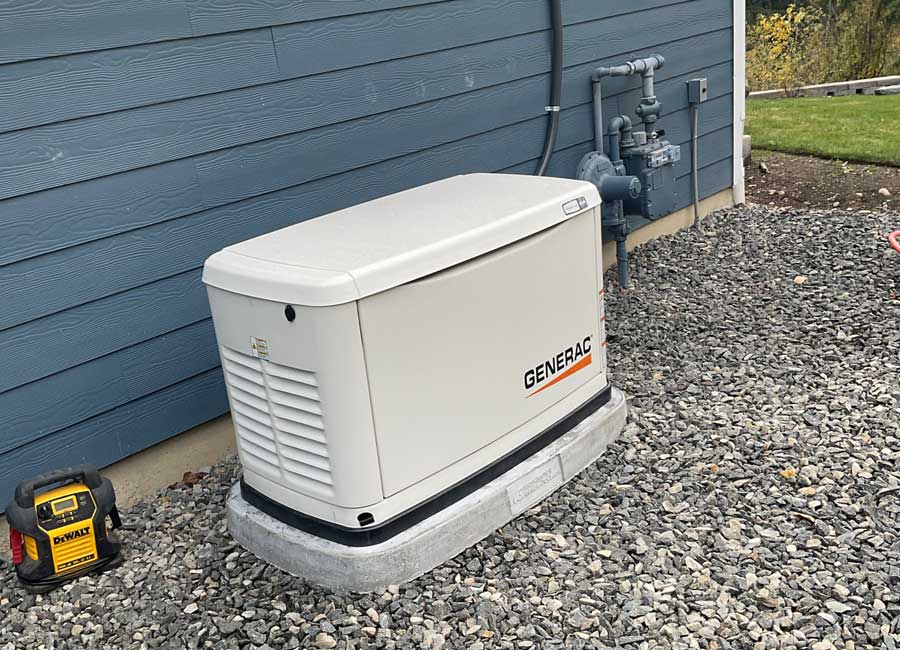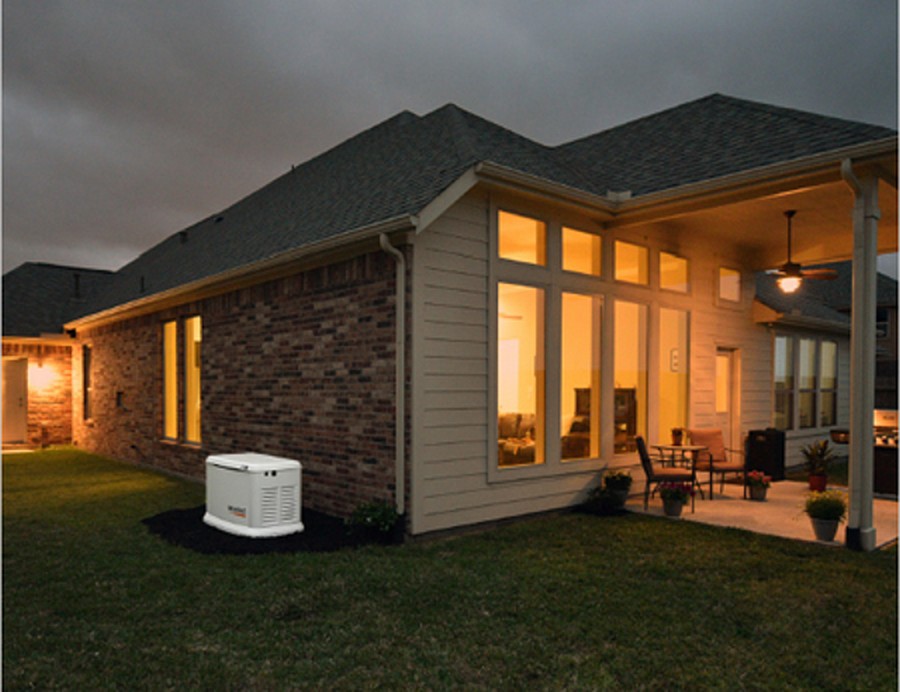GENERATOR SIZING

At Washington Electric, we understand that sizing a generator for your home or business requires careful consideration of your unique electrical needs. That’s why our team of experienced electricians and estimators are here to help. Unlike other companies that offer a one-size-fits-all solution, we take the time to tailor our recommendations to your specific requirements.
By conducting a thorough assessment of your electrical load and usage patterns, our professionals can help you avoid overages and unnecessary costs. We’ll work with you to identify the right generator size, taking into account factors such as the square footage of your property, the electrical devices and appliances you rely on, and any special requirements you may have.
With our expert guidance and support, you can be confident that your generator will be properly sized and configured to meet your unique needs. So why settle for a generic solution? Trust Washington Electric to provide a customized generator solution that meets your needs and fits your budget.
Sizing an automatic home standby generator for a residential property involves determining the electrical load that the generator will need to supply during a power outage. This load can be determined by a professional estimator who will typically conduct a free in-home consultation to assess the needs of the home.
One key factor that is often used to estimate the size of a generator is the square footage of the home. This is because larger homes typically have more electrical appliances and devices that will need to be powered during an outage. However, the square footage alone is not enough to accurately size a generator.
Another important factor to consider is the electrical load of the home. This refers to the total amount of power that the home’s electrical system can handle, and is typically measured in watts or kilowatts (kW). A professional estimator will assess the electrical load by looking at the home’s electrical panel and the devices and appliances that will need to be powered during an outage.
Once the electrical load has been determined, the professional estimator will then select a generator that is capable of supplying that load. Generators are typically rated in kilowatts (kW), and the size of the generator will depend on the electrical load of the home.
It’s important to note that the size of the generator should not be based solely on the electrical load of the home. Other factors, such as the starting current of certain devices and appliances, should also be taken into account. For example, air conditioners and refrigerators typically have a higher starting current than their operating current, which means that a larger generator may be needed to handle the initial surge of power needed to start these devices.
Overall, the process of sizing an automatic home standby generator for a residential property can be complex and should be done by a professional estimator with experience in this area. They will take into account factors such as the square footage of the home, the electrical load, and the starting current of devices and appliances to select a generator that will provide reliable power during an outage.

SCHEDULE YOUR FREE ESTIMATE TODAY
Fields marked with an * are required
"*" indicates required fields